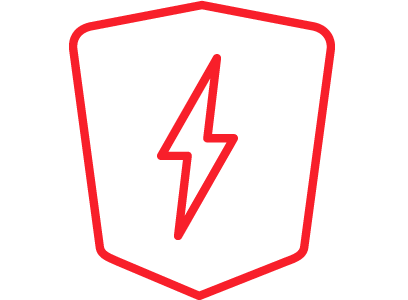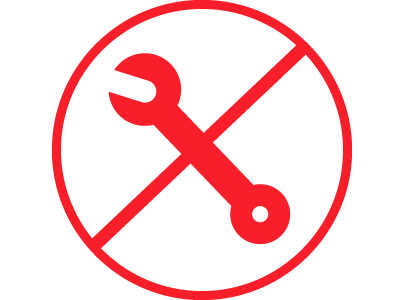ACT Forklift is proud to carry the ePicker line of material handling equipment. ePicker is an elite material handling equipment provider that helps maximize the efficiency of eCommerce operations for a variety of applications and environments. Our fleet of stackers, pallet jacks, access vehicles and forklifts keep facilities productive and safe. In today's fast-paced, global eCommerce environment, ePicker has a solution for every scenario. Whether picking small items or maneuvering between narrow aisles, ePicker's solutions maximize efficiency and provide added safety to employees.












